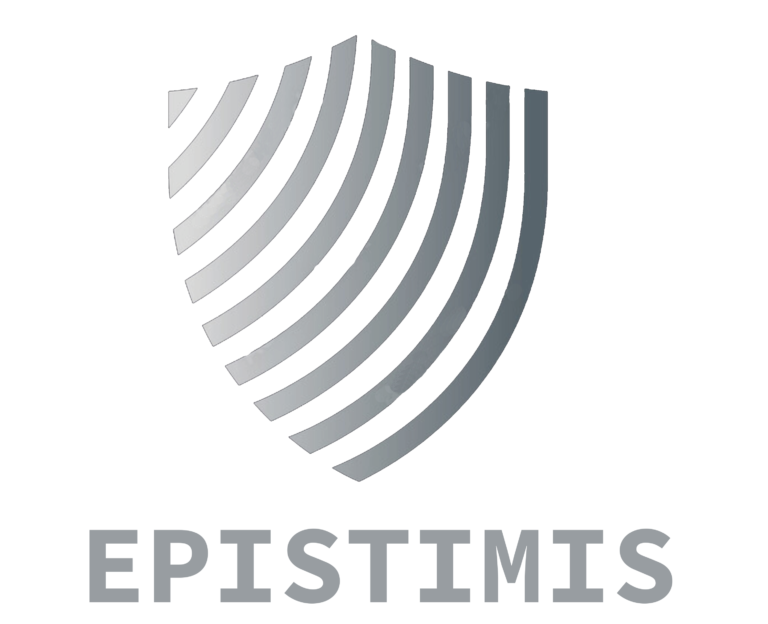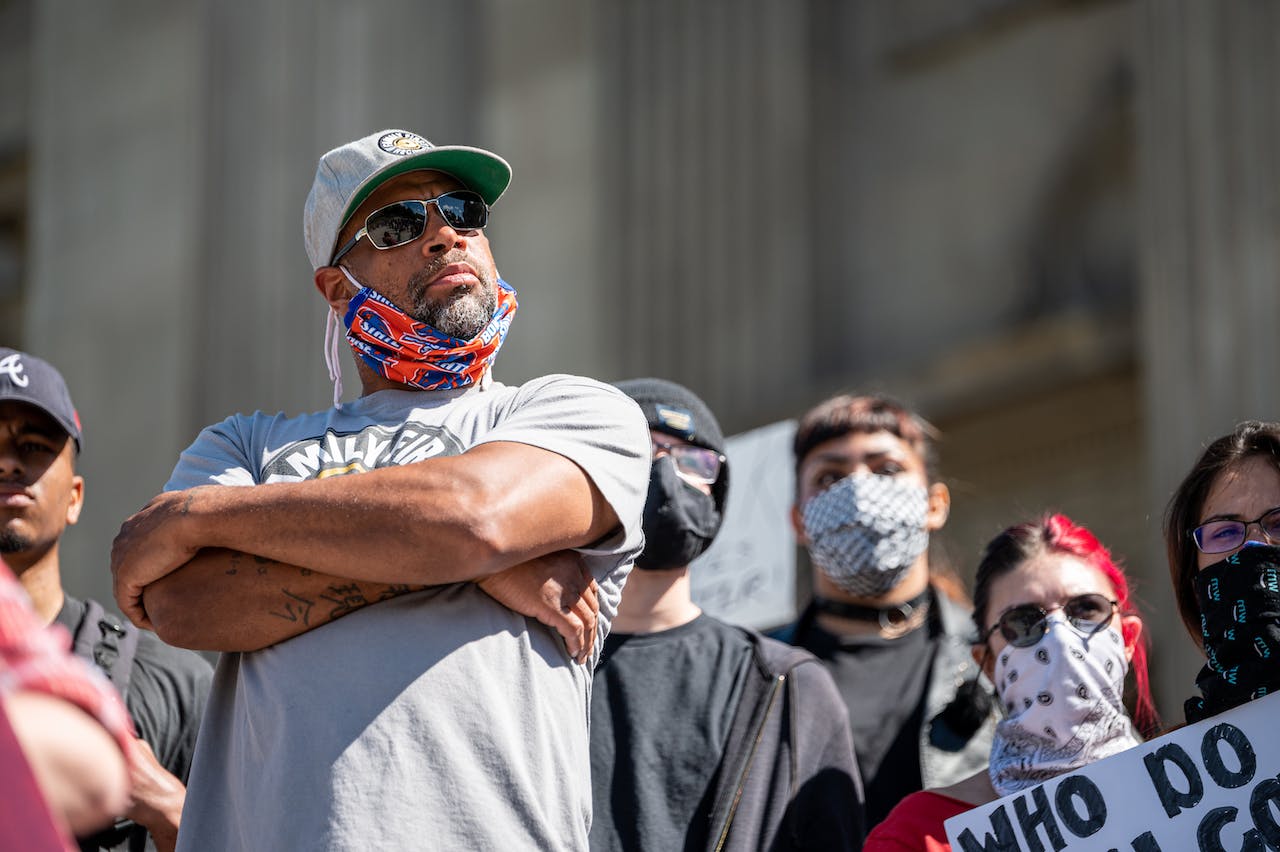Freedom of thought is a fundamental human right that allows individuals to think, express, and exchange ideas freely without fear of censorship or persecution. In today’s digital age, this right is facing new and unprecedented challenges. In a recent policy brief titled “Protecting Freedom of Thought in the Digital Age,” the Centre for International Governance Innovation (CIGI) highlights these challenges and provides recommendations for protecting this essential human right.
The Challenges to Freedom of Thought in the Digital Age
The CIGI policy brief highlights that the digital age has brought new challenges to freedom of thought. One of the main challenges is the increasing use of digital technologies to monitor individuals’ online activities, including their thoughts and beliefs. Governments and private companies are now capable of collecting vast amounts of personal data, raising concerns about privacy and freedom of expression.
Another challenge is the spread of disinformation and fake news, which can undermine freedom of thought by influencing public opinion and promoting falsehoods. The CIGI brief notes that this can have a significant impact on democratic processes, including elections.
Finally, the brief highlights the growing power of technology companies in shaping public discourse. Social media platforms and search engines can influence what information is seen and heard, raising concerns about the potential for bias and the suppression of certain viewpoints.
Protecting Freedom of Thought: Recommendations
The CIGI policy brief provides several recommendations for protecting freedom of thought in the digital age. One of the main recommendations is the need for stronger legal frameworks to protect individuals’ privacy and freedom of expression online. This includes measures such as data protection laws and laws to regulate the use of surveillance technologies.
The brief also recommends increased transparency and accountability from technology companies. This includes greater transparency about the algorithms used by social media platforms and search engines, as well as greater accountability for the impact of these technologies on public discourse.
Finally, the brief highlights the importance of education and digital literacy in promoting freedom of thought. This includes teaching individuals how to identify and critically evaluate information online, as well as promoting media literacy and digital citizenship.
Conclusion
In conclusion, the CIGI policy brief “Protecting Freedom of Thought in the Digital Age” highlights the challenges facing freedom of thought in the digital age and provides recommendations for protecting this essential human right. As technology continues to shape our lives and societies, it is essential that we take steps to safeguard our fundamental freedoms, including freedom of thought. By implementing the recommendations outlined in this brief, we can work towards a more just and democratic digital future.

